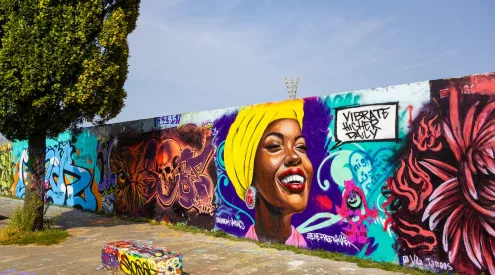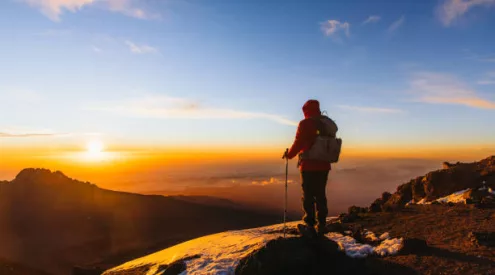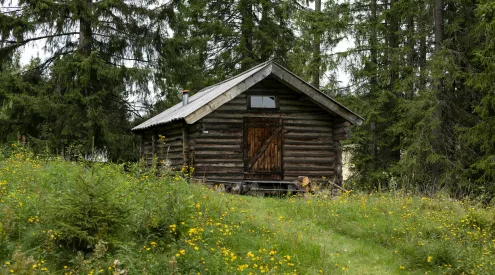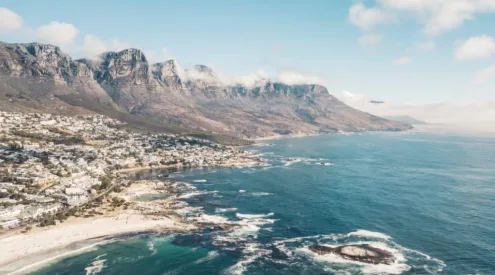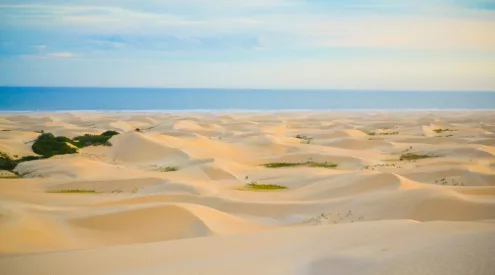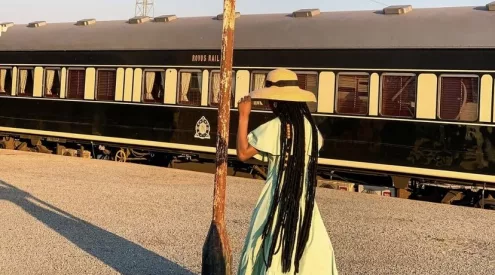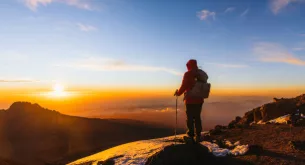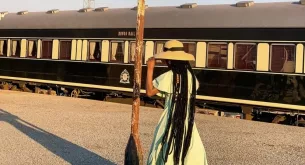From the moment we entered Lesotho, its beauty and hardship were immediately evident. From Van Rooyen’s Gate border post to Maseru, we were surrounded by rolling green hills, devastating soil erosion and kids more interested in throwing stones than they were in school. Lesotho is bitter-sweet, much like the rest of southern Africa.
Into Lesotho
We crossed into Lesotho through the Van Rooyen’s Gate border post without hassle or queues (watch out for the Maseru border post – it’s generally highly congested and can take a couple of hours to get through). The first thing I noticed upon entering the small country was the abundance of green and proliferation of soil erosion. The two go hand in hand – heavy rainfall nourishing the plains while simultaneously splitting them apart.
From Malealea to Makhakha
The fifteen-minute drive from the border post to Mafateng was mostly tarred and the road was in good condition. That changed when we detoured at Malealea in favour of the scenic route (continue along the main drag toward Malealea Lodge if you want to spend time in this beautiful part of Lesotho). Although terribly eroded (not suitable for two-wheel drive), the drive to Makhakha was breathtaking – smooth red road winding through deep green mountainous terrain. We parked the car and ventured to the edge of a cliff, where we shared our boiled egg and biltong breakfast with a passing herdsman. His goats gathered around us, one wearing a bell that chimed sweetly amid the others’ bleating.
Despite the deteriorated road and severe soil erosion, I got back onto the main road toward Maseru feeling positive about the state of rural Lesotho. The herds of cattle we passed looked healthy and well fed. The endless green signified ample rainfall. Homes and schools appeared, for the most part, to be in good condition. Overall, I thought, things could be worse.
Albert
Before getting back onto the main drag toward Maseru, we picked up Albert who was heading – on foot – in the same direction. He lives and works in Maseru but visits his home village periodically to check on his maize crops and livestock. Thanks to Albert’s proficiency in English, we got a personal look into the struggles facing Lesotho.
Albert works at a funeral parlour and owns two homes in Maseru, where he has a wife and three sons. Despite his relatively good economic standing he wants very much to move to South Africa, where he believes he will find a better job than his current one. When asked why, he answered, ‘Life in Lesotho is hard. There aren’t enough cattle and the crops are bad. In rural parts there is no way of making money. There’s no electricity and we have to walk everywhere. Our government doesn’t support agriculture or soccer. Our leadership is greedy. They are not for the people.’
Minutes before meeting Albert, I was questioning the sensibility of urbanisation. When one sees herdsmen roaming freely across community-owned land where there are no signs of urban squalor, it’s easy to believe that the quality of life in rural Lesotho trumps that of overcrowded cities where jobs are scarce. But as Albert spoke my naivety became glaringly clear. ‘All people have in rural parts is maize. If it rains too much, like it has this year, then the crops are bad and the livestock get sick. Erosion is very bad. There are not enough trees or kikuyu grass to bind the soil. To have good crops you need fertilizer, which you have to buy. The government doesn’t offer us any help. Life here is bad.’
Twenty minutes in the car with Albert opened my eyes more than four hours of driving across Lesotho’s lowlands had. There’s only so much one can surmise when observing a new country, especially when one has grown up in relatively easy circumstances. After chatting to him it became clear that Lesotho, for all its natural beauty, has hardship tucked into its majestic folds.
Contact
Malealea Lodge
Tel: 082-552-4215
Email: [email protected]
www.malealea.co.ls

